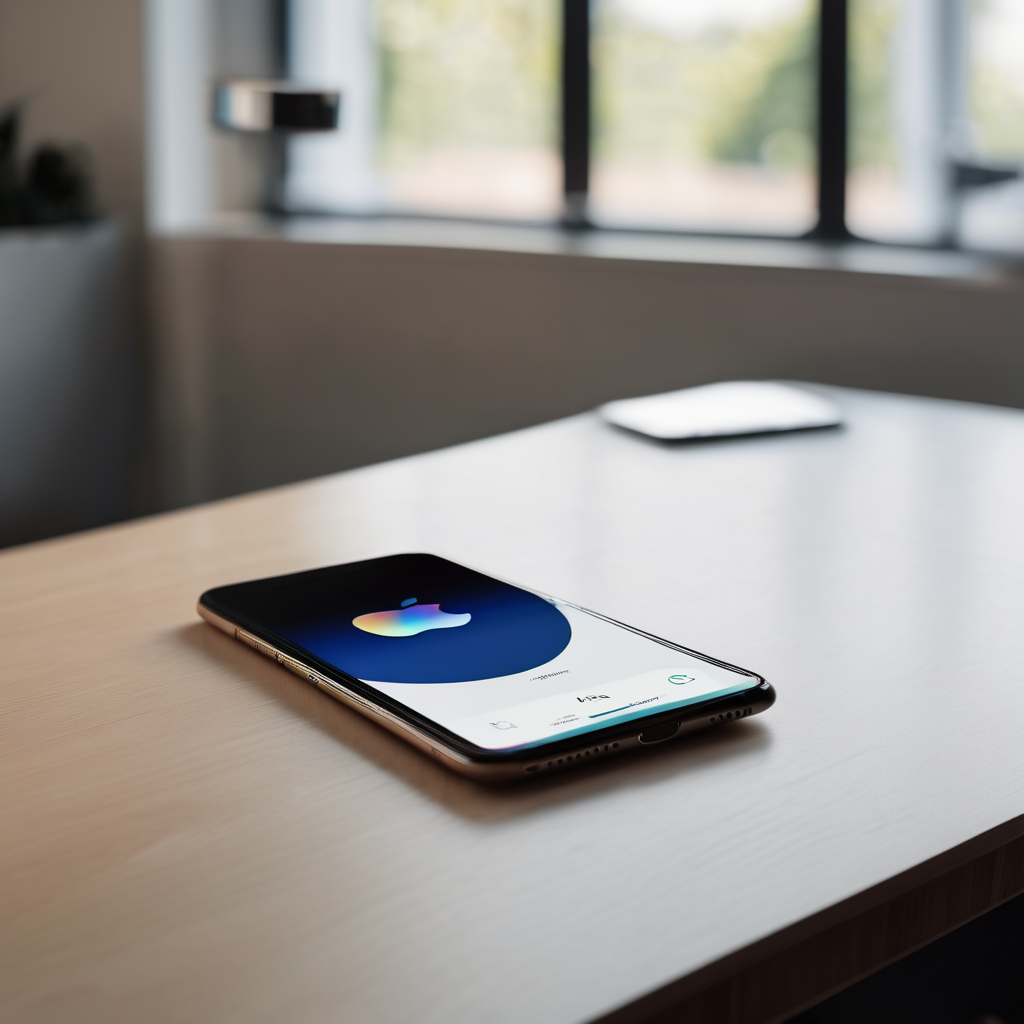Apple is reportedly on the verge of signing a significant agreement with Google to incorporate its advanced AI framework into Siri, marking a notable shift in the competitive dynamics between the two tech giants. Renowned Bloomberg reporter Mark Gurman, known for his accurate early insights related to Apple, claims the deal could cost Apple as much as $1 billion annually to access a staggering 1.2 trillion-parameter AI model developed by Google. This new capability is expected to dramatically surpass the capabilities of Apple’s current Siri models, which may lead to substantial improvements for users in the near future.
The collaboration between Apple and Google is particularly surprising given their longstanding rivalry in the tech arena, epitomized by the contrasting ecosystems of iOS and Android. Despite this rivalry, the decision could resonate positively with Apple users who have faced ongoing frustrations with Siri’s performance since its launch in 2010. Siri’s limitations have been a common complaint among users across various Apple devices including iPhones, iPads, macOS, and other products like the Apple Watch and HomePod.
As an Apple user myself, I can relate to the sentiments expressed by many who have voiced their hope for a more capable virtual assistant. Many users, while engaging with the assistant, often find themselves yearning for a higher level of efficiency and intelligence, which has been a point of discussion among tech communities online.
This surprising collaboration not only highlights Apple’s willingness to innovate but also underscores the importance of user experience, as the integration of Google’s AI technology into Siri could lead to a smarter, faster, and more intuitive assistant for millions of Apple customers. It represents a hopeful step forward in bridging the gaps that have existed for years in Apple’s voice-activated technology. As we await further developments on this partnership, there’s a shared anticipation among users for a refreshed Siri experience that may finally meet their expectations.
